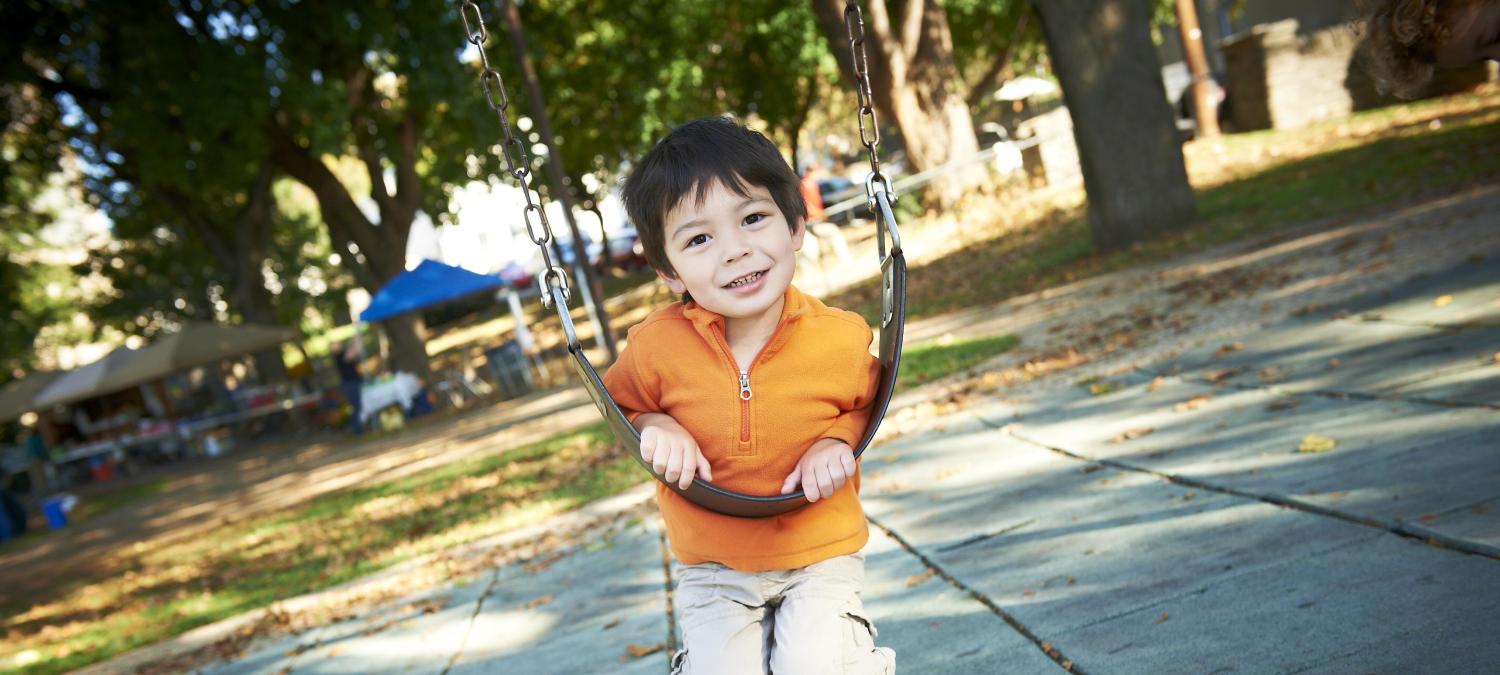

Publications
Search Tips
- Feb 2025
Background: Community health workers (CHWs) are vital links between communities and health systems, with CHW models facilitating positive health and life outcomes. However, little is known about CHWs’ experiences serving in these roles or their potential to support the transition to…
- Feb 2025
PolicyLab responded to a request for comment from the U.S. Departments of Health and Human Services and Agriculture on two reports on alcoholic beverages and health. The reports and comments will be considered in the development of the 2025-2030 Dietary Guidelines for Americans (DGA)…
- Feb 2025
Objective: Depression and stressors both increase during adolescence. The stress generation model posits that depression symptoms and associated impairment contribute to the generation of dependent stressors. Adolescent depression prevention programs have been shown to reduce the…
- Jan 2025
Many pediatric health systems have recently implemented social needs screening and support programs in response to the link between social needs and children’s health outcomes, as well as mandates and incentives from payers and regulatory organizations. In developing processes for…
- Jan 2025
Importance: Taxation of sweetened beverages is a proposed strategy to reduce excess sugar consumption. The association of such taxes with health outcomes is not well studied. Philadelphia, Pennsylvania, is the largest US city with a beverage tax.Objective: To assess whether…
- Dec 2024
Objective: To identify barriers and facilitators to family-level comfort with health-related social needs (HRSN) data collection and documentation in the pediatric clinical setting.Study setting and design: This qualitative study was nested within a pragmatic randomized…
- Dec 2024
To create equitable programs and policies, the perspectives of populations who prefer a non-English language must be prioritized. However, guidelines are scarce for conducting language-inclusive clinical research, and limited transparency exists among multilingual studies about the…
- Dec 2024
Childhood behavioral problems are common; despite evidence that parenting interventions improve outcomes, the use of these programs is limited. Virtual delivery may ameliorate attendance barriers, but little is known on the acceptability and feasibility of virtual group parenting…
- Dec 2024
Study objective: Menstrual inequity-unequal access to menstrual health care or products-negatively affects well-being in relation to the menstrual cycle, a construct known as menstrual health. Few studies have explored menstrual inequities among adolescent and young adult…
- Dec 2024
Although every youth in pediatric/adolescent HIV care will need to transition to adult-oriented care, there are no existing evidence-based interventions to optimize health through this process. Healthcare transition poses a persistent challenge to the health of youth living with HIV,…